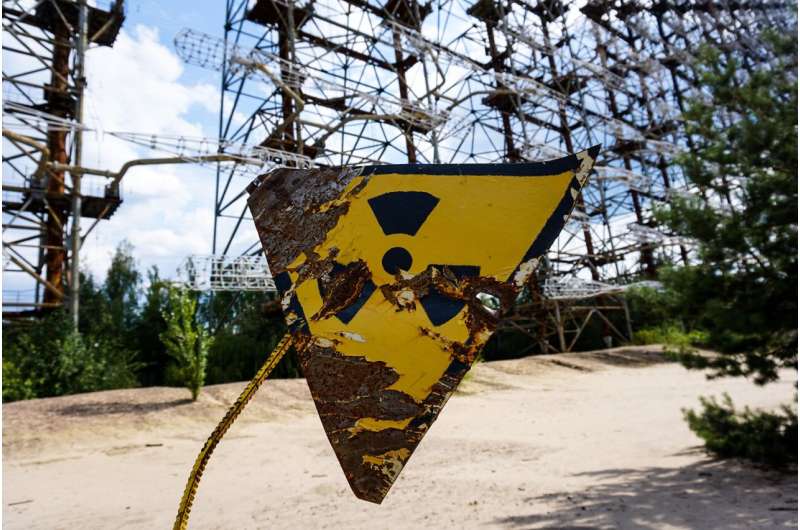Credit: Unsplash/CC0 Public Domain
More than 100 medical journals across the world issued a rare joint call on Thursday for urgent action to eliminate nuclear weapons, warning that the threat of nuclear catastrophe was "great and growing".
The call comes with Russia repeatedly issuing thinly veiled warnings that Moscow could use nuclear weapons in Ukraine, as well as repeated North Korean missile tests and stalling efforts towards non-proliferation.
An editorial published in numerous medical journals called on health professionals worldwide to alert citizens and leaders about "the major danger to public health" posed by nuclear weapons.
"The danger is great and growing," said the editorial, co-authored by the editors of 11 leading medical journals including the BMJ, Lancet, JAMA and the New England Journal of Medicine.
"The nuclear armed states must eliminate their nuclear arsenals before they eliminate us."
Chris Zielinski of the World Association of Medical Editors said it was an "extraordinary development" that the competing journals, which normally fight for exclusive content, had joined forces.
"That all of these leading journals have agreed to publish the same editorial underlines the extreme urgency of the current nuclear crisis," he said in a statement.
The editorial warned that any use of nuclear weapons "would be catastrophic for humanity".
"Even a 'limited' nuclear war involving only 250 of the 13,000 nuclear weapons in the world could kill 120 million people outright and cause global climate disruption leading to a nuclear famine, putting two billion people at risk," it warned, citing previous research.
'Dangerous moment'
Ira Helfand, ex-president of the International Physicians for the Prevention of Nuclear War and a co-author the editorial, told AFP: "We are facing an extraordinarily dangerous moment where the possibility of nuclear war is real."
He pointed to a comment made just this week by former Russian president Dmitry Medvedev threatening the use of nuclear weapons if Ukraine's counter-offensive captured Russian territory.
"We don't know if the threats are real or if they're just put forward to scare people, but I think we have to take them very seriously," Helfand said.
He also pointed to North Korea, which Japan said last week posed a more serious threat to national security "than ever before".
The editorial was released on the same week that a preparatory committee meeting is being held in Vienna for a review of the UN's Nuclear Non-Proliferation Treaty (NPT), which entered force in 1970.
A review of the keystone treaty held last year failed to adopt a joint declaration, with the United States denouncing "cynical obstructionism" from Russia.
The editorial lamented that "progress has been disappointingly slow".
Sunday also marks the 68th anniversary of the first nuclear weapon being used on civilians—the US detonated an atomic bomb over the Japanese city of Hiroshima on August 6, 1945.
More information: Kamran Abbasi et al, Reducing the risks of nuclear war, BMJ (2023). DOI: 10.1136/bmj.p1682 , www.bmj.com/content/382/bmj.p1682
Elisabeth Mahase, Medical journals unite in call to eliminate nuclear weapons, BMJ (2023). DOI: 10.1136/bmj.p1786 , www.bmj.com/content/382/bmj.p1786
Journal information: New England Journal of Medicine , British Medical Journal (BMJ) , The Lancet , Journal of the American Medical Association
© 2023 AFP
























